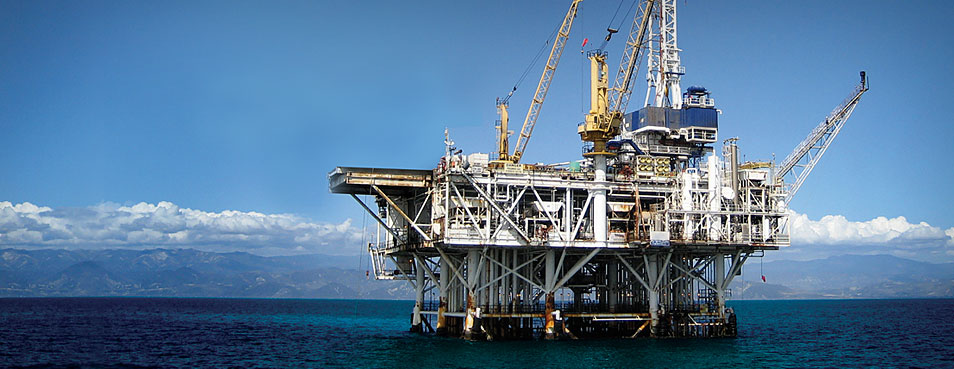Ghana’s legal team has opened its defense at the International Tribunal of the law of the Sea (ITLOS) after Ivory Coast sued Ghana, seeking to stop Tullow Oil and its partners from exploring oil over a disputed oil block.
[contextly_sidebar id=”AZEJxzt1MqPd7OoaepZytd0OUt21M0eu”]The dispute involves ownership of portions of the country’s second biggest oil field the Tweneboa-Enyenra-Ntomme (TEN) project.
The area under dispute, the TEN fields, is estimated to have oil reserves of between 200 million and 1.2 billion barrels.
Ghana’s foreign exchange reserves are expected to receive some significant boost next year when the TEN project come on stream.
The TEN project is expected to deliver its oil first next year with a production rate of 80,000 barrels of oil per day.
But this will not come to fruition if Ghana loses the case at the International Tribunal of the law of the Sea.
Tullow lead operator of the field early this year expressed confidence that Ghana will win the case and production from the field will not be affected.
But Tullow was downgraded last week by ratings agency Moody’s over the dispute.
Moody’s cited Ghana’s recent downgrade as well as its current boundary dispute with Ivory Coast as two of the main reasons for the downgrade.
Attorney-General Marietta Brew Oppong-Appiah, who is leading Ghana’s legal team says the court must dismiss Ivory Coast’s claims since it could cost the nation over 2.2 billion dollars by 2017.
In her introductory remarks at the court she argued, that the claims of Ivory Coast were unfounded and unjustified.
“If the order were granted and all work had to stop, it will have a devastating impact on our oil production” she maintained and also accused Ivory Coast of making “unfound allegations” against Ghana and Tullow Oil company.
But the Ivorian legal team disagrees.
To them grave damage has already been caused to their country because of Ghana’s stance on the ownership of the block.
Cote d’Ivoire opened its case in the morning, also insisting that “grave damage” has “already been caused and continues to cause grave damage” to their country because of Ghana’s stance that the territory is theirs.
Meanwhile some industry players including minority spokesperson on Energy, K.T Hammond have told Citi Business News that Ivory Coast’s move will be fruitless.
“I am confident …that ultimately the Ivorian case will be fruitless,” and described the actions of the Ivorian government as “hypocritical.”
He wondered why the Ivorians were “up in arms” when both parties had signed a mutual agreement to explore oil in the disputed area.
“Oil exploration started along those areas so many years ago. The Ivorians were involved with their parts of waters and we were dealing with their parts of waters. It is a mutual agreement between the two countries.”
He pointed out that “there will be some implications” if what the Ivorians are asking for has “any merit” and “the court tribunal is minded to grant it.”
–
By: Vivian Kai Lokko/citifmonline.com/Ghana


